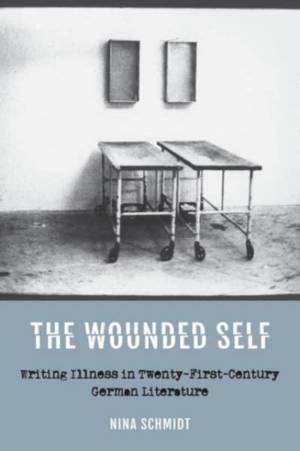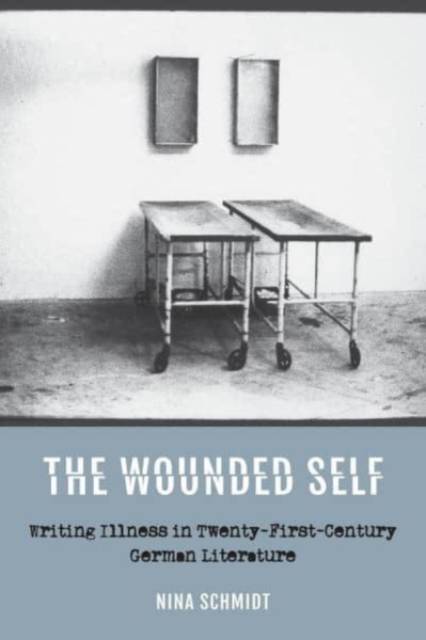
- Afhalen na 1 uur in een winkel met voorraad
- Gratis thuislevering in België vanaf € 30
- Ruim aanbod met 7 miljoen producten
- Afhalen na 1 uur in een winkel met voorraad
- Gratis thuislevering in België vanaf € 30
- Ruim aanbod met 7 miljoen producten
Zoeken
€ 59,95
+ 119 punten
Uitvoering
Omschrijving
In the German-speaking world there has been a new wave - intensifying since 2007 - of autobiographically inspired writing on illness and disability, death and dying. Nina Schmidt's book takes this writing seriously as literature, examining how the authors of such personal narratives come to write of their experiences between the poles of cliché and exceptionality. Identifying shortcomings in the approaches taken thus far to such texts, she makes suggestions as to how to better read their narratives from the stance of literary scholarship, then demonstrates the value of a literary disability studies approach to such writing with close readings of Charlotte Roche's Schoßgebete(2011), Kathrin Schmidt's Du stirbst nicht (2009), Verena Stefan's Fremdschläfer (2007), and - in the final, comparative chapter - Christoph Schlingensief's So schön wie hier kanns im Himmel gar nicht sein! Tagebuch einer Krebserkrankung (2009) and Wolfgang Herrndorf's blog-cum-book Arbeit und Struktur (2010-13). Schmidt shows that authors dealing with illness and disability do so with an awareness of their precarious subject position in the public eye, a position they negotiate creatively. Writing the liminal experience of serious illness along the borders of genre, moving between fictional and autobiographical modes, they carve out spaces from which they speak up and share their personal stories in the realm of literature, to political ends.
Specificaties
Betrokkenen
- Auteur(s):
- Uitgeverij:
Inhoud
- Aantal bladzijden:
- 246
- Taal:
- Engels
- Reeks:
- Reeksnummer:
- nr. 190
Eigenschappen
- Productcode (EAN):
- 9781640141346
- Verschijningsdatum:
- 14/06/2022
- Uitvoering:
- Paperback
- Formaat:
- Trade paperback (VS)
- Afmetingen:
- 152 mm x 229 mm
- Gewicht:
- 335 g

Alleen bij Standaard Boekhandel
+ 119 punten op je klantenkaart van Standaard Boekhandel
Beoordelingen
We publiceren alleen reviews die voldoen aan de voorwaarden voor reviews. Bekijk onze voorwaarden voor reviews.







